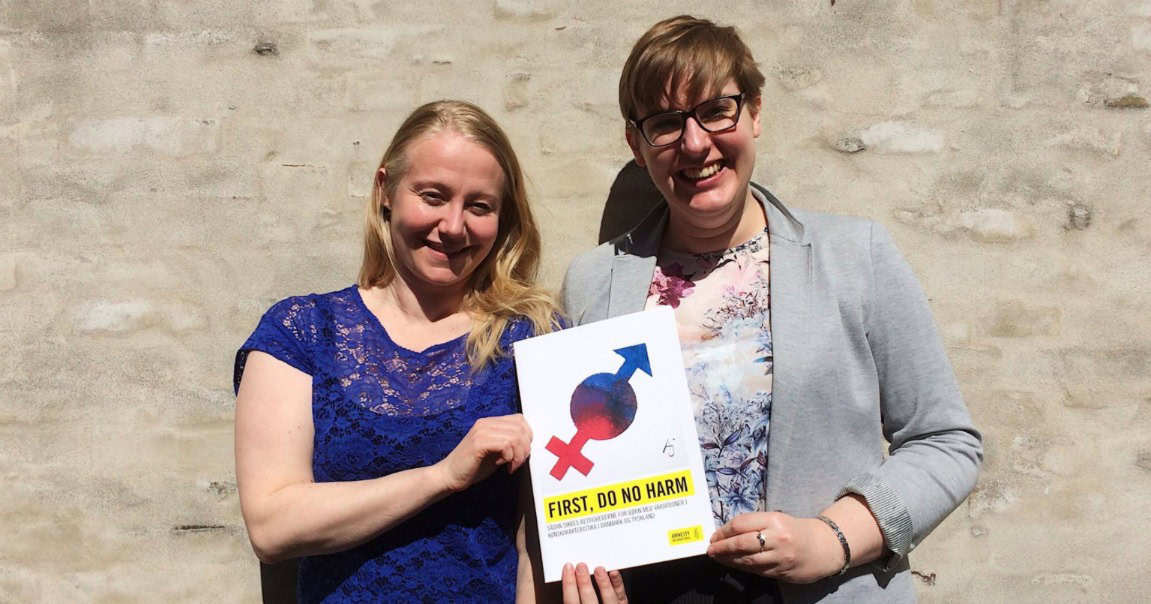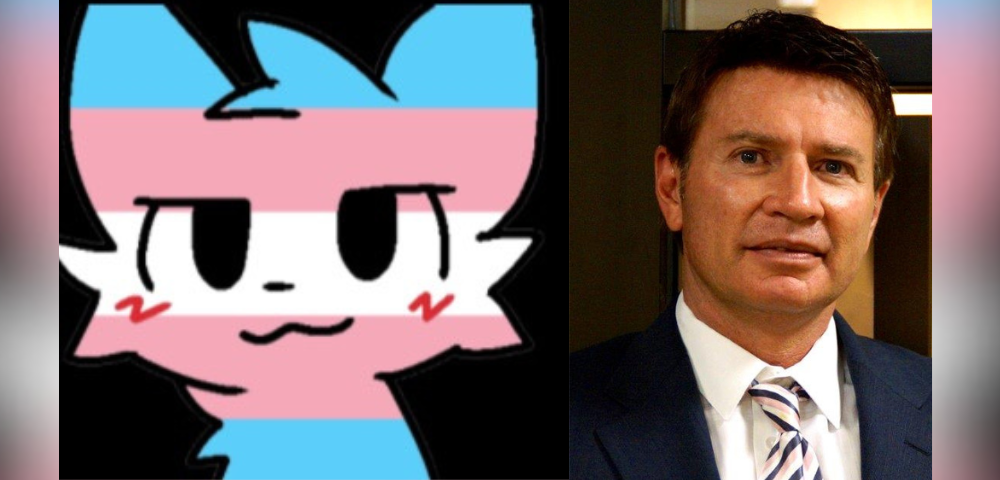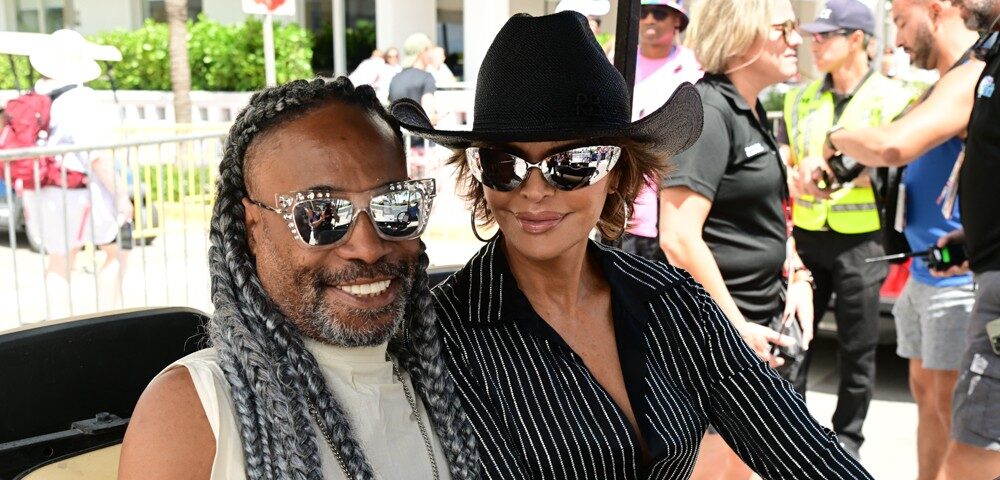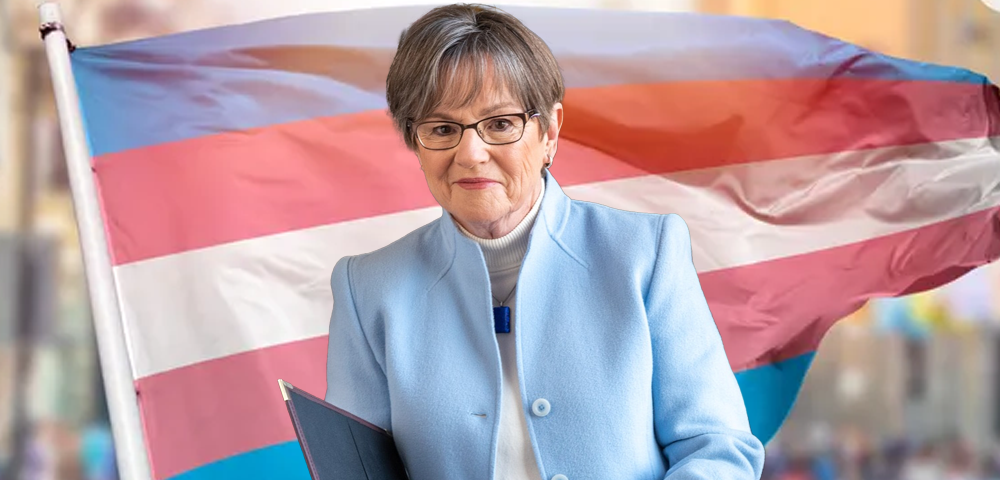
Amnesty report highlights forced intersex surgery trauma

CHILDREN born intersex risk being subjected to unnecessary, invasive and traumatising procedures in violation of their human rights, a new Amnesty International report says.
The report, First, Do No Harm, uses European case studies to show that outdated gender stereotypes are resulting in invasive and irreversible surgeries on children who are intersex—a term that describes a range of variations of sex characteristics such as chromosomes and genitals.
“These so-called ‘normalising’ procedures are being carried out without full knowledge of the potentially harmful long-term effects they are having on children,” said Laura Carter, an Amnesty International researcher in sexual orientation and gender.
“We’re talking about incisions being made to sensitive tissue, with lifelong consequences, all because of stereotypes about what a boy or girl should look like. The question is whose benefit is this for, because our research shows it has been an incredibly harrowing experience for individuals.”
About 1.7 per cent of the population are intersex—around the same frequency as red hair.
Intersex babies and children are often subjected to surgeries including procedures to modify their genitals or remove their gonads, the latter of which results in a need for lifelong hormone treatment.
“When I think about what happened, I get upset, because it wasn’t something for anyone else to decide—it could have waited,” said one anonymous intersex person.
“I get said when I think about the fact that it is considered necessary to operate on these children, only because other people think it should be done.”
Amnesty International says the current treatment of intersex children fails to protect their human rights. United Nations experts have also condemned the practices, classifying medically unnecessary surgeries on intersex children as harmful and in violation of the rights of the child.
“It’s very welcome to see Amnesty International beginning now to speak up on the real issues that affect intersex people, not only in Europe but also in Australia,” said Morgan Carpenter from Intersex Australia.
“We know that these interventions happen all the time, and they’re justified with the same tired and inappropriate gender stereotypes.
“And they happen with the complicity of our legal system. We’ve seen a number of court cases that raise serious questions about lack of truly informed consent and inadequate medical data to justify sterilisations.”
Amnesty International is calling on legislators and medical professionals to ensure that no child is subjected to non-emergency, invasive and irreversible treatment. They say decisions should be postponed until the individual can make decisions about what happens to their body.
The group is also calling for medical professionals to receive training on gender and body diversity, and end to harmful gender stereotypes, and compensation for those who have suffered from unnecessary surgery.









